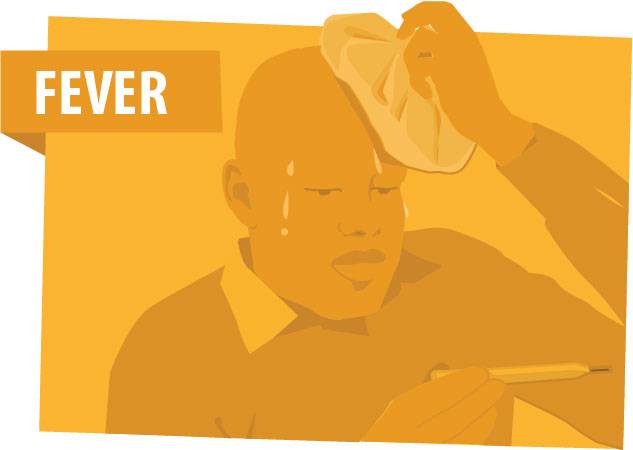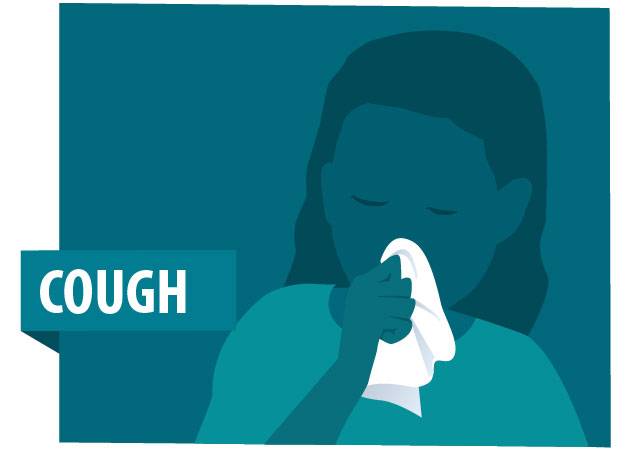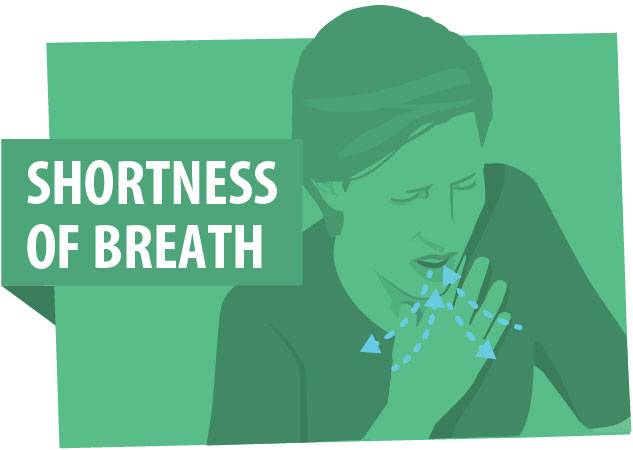SYMPTOMS



For most people, the immediate risk of exposer to the virus that causes COVID-19 is thought to be low.
This is still flu season. The CDC estimates that through February 2020, up to 49 million people may have had the flu, with over 52,000 deaths.
This means that unless you have had close contact with a confirmed case of Covid-19, or traveled to an area with sustained community spread of Covid-19, health care providers may first check for the possibility of the flu.
If you think you might have the flu, stay home. This CDC site has information about symptoms, treatment and when you should consider going to an emergency room.
|
SYMPTOMS OF FLU |
SYMPTOMS OF COVID-19 |
|---|---|
|
|
IS IT POSSIBLE I COULD HAVE COVID-19?
Outbreaks of new viruses are always of concern for public health. The risk to the general public from these outbreaks depends on a number of variables. Here is the current CDC risk assessment for Covid-19:
- For most people, the immediate risk of being exposed to the virus that causes COVID-19 is thought to be low. While there are cases in the United States, the virus is not currently considered to be widespread.
- People in places where ongoing community spread of the virus that causes COVID-19 has been reported are at elevated risk of exposure, with increase in risk dependent on the location.
- Healthcare workers caring for patients with COVID-19 are at elevated risk of exposure.
- Close contacts of persons who have been diagnosed COVID-19 also are at elevated risk of exposure.
- Travelers returning from affected international locations where community spread is occurring also are at elevated risk of exposure, with increase in risk dependent on the location.
WHAT SHOULD I DO IF I HAVE THE SYMPTOMS OF COVID-19?
CALL AHEAD to your healthcare provider if you have a fever, cough and difficulty breathing.
Be sure to tell the person you speak to if you have had contact with someone who has been diagnosed with COVID-19 or if you live in or have recently traveled to an area with ongoing spread. If necessary, your healthcare provider will work with your public health department and CDC to determine if you need to be tested for COVID-19.
If you are in Michigan, and feel you may have symptoms of Covid-19 (fever, cough and shortness of breath), Spectrum Health is offering free Covid-19 virtual screenings
CLICK HERE FOR MORE INFO about what to do to prevent the potential to spread your symptoms to others.
WHAT SHOULD I DO IF I HAVE TO MISS CLASS OR WORK?
FACULTY / STAFF
- As soon as you realize you will miss a work, notify your supervisor.
STUDENTS
- As soon as you realize you will miss a class or lab, notify your professor or instructor regarding options for making up missed work
- Check the syllabus to be sure you know what is expected.
- Ask your professor about work that can be done in order to not fall behind while you recover.
- Contact a classmate and ask to make a copy of his/her notes for your review.
- Ask your academic advisor for advice about keeping up.
- If you're lagging behind, contact your professor or instructor. Let them know what's happening, to the degree you feel comfortable doing so. Consider asking for an extension for any projects you are unable to complete on time.
If you know that you will miss multiple classes, you can contact the Dean of Students Office to discuss options for informing your faculty members about your absences
If you live on campus
- You can ask a friend to make arrangements to bring you food from the dining room.
- It's a good idea to let Housing staff and your parent/s know if you are ill. If you need assistance, contact your Resident Assistant.
- If you are sick and work around campus, contact your supervisor
If you live off campus
- Consider letting someone know what's happening and ask for their help, maybe a friend, roommate or your parents
- You may want to use a shopping/delivery service
What should I do while I’m sick?
STAY HOME! Stay away from others as much as possible to keep from infecting them. If you must leave home, for example to get medical care, wear a facemask if you have one, or cover coughs and sneezes with a tissue. Wash your hands often to keep from spreading flu to others.
